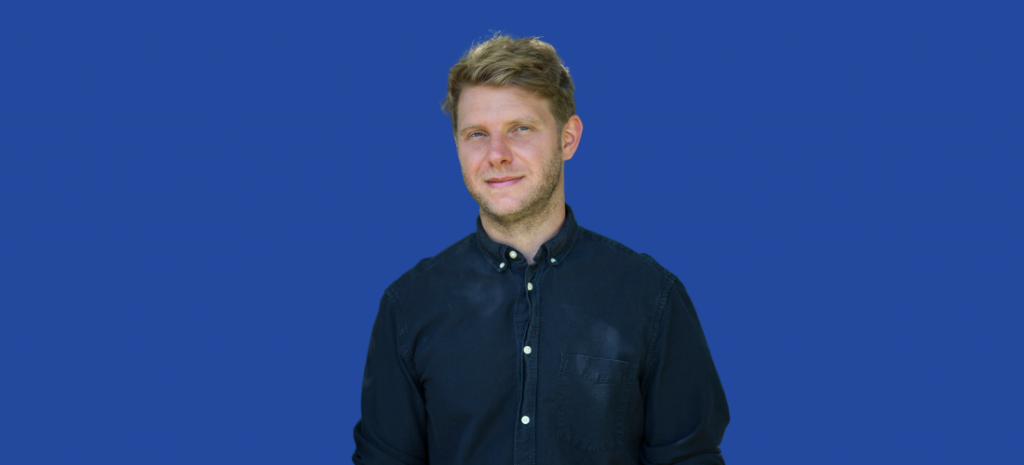How can we help you?
The latest from MDFA

Vision Voice newsletter: Autumn 2024
The special My Eyes Autumn 2024 edition of the Vision Voice newsletter is out now!

Vision Voice: Read our latest newsletter
Welcome to the special My Eyes edition of Vision Voice.

MDFA’s first South Australian Peer Support group to launch in April
Connecting with other people who are going through similar health experiences can improve how you manage your own condition.

Social Impact Survey 2: What did your patients tell us?
Macular Disease Foundation Australia (MDFA) is committed to understanding the impact of macular disease on the lives and health of people who live with the condition. One of the ways we do this is through our Social Impact research.

Eye Connect fact sheet
Connecting with other people who are going through similar health experiences can improve how you

Diabetic eye disease: Laying the foundations for new treatments
Professor Chandra Balaratnasingam’s MDFA-funded research is exploring the cellular changes that occur in diabetic macular ischaemia (DMI) to help develop a breakthrough therapy.

AI, NASA and dry AMD
Find out how the Grant Family Fund is helping Dr Xavier Hadoux use cutting-edge technology to detect the early signs of macular disease.

Could a new supplement help slow AMD?
A/Prof Gerald Liew’s second MDFA Research Grant is allowing him to investigate a potential sight-saving supplement to improve dysfunctional mitochondria and prevent age-related macular degeneration (AMD).

Read our latest Vision Voice newsletter today
Our final Vision Voice for the year celebrates two remarkable centenarian members of our community who are vigilant in maintaining their vision with sight-saving eye injections.




















